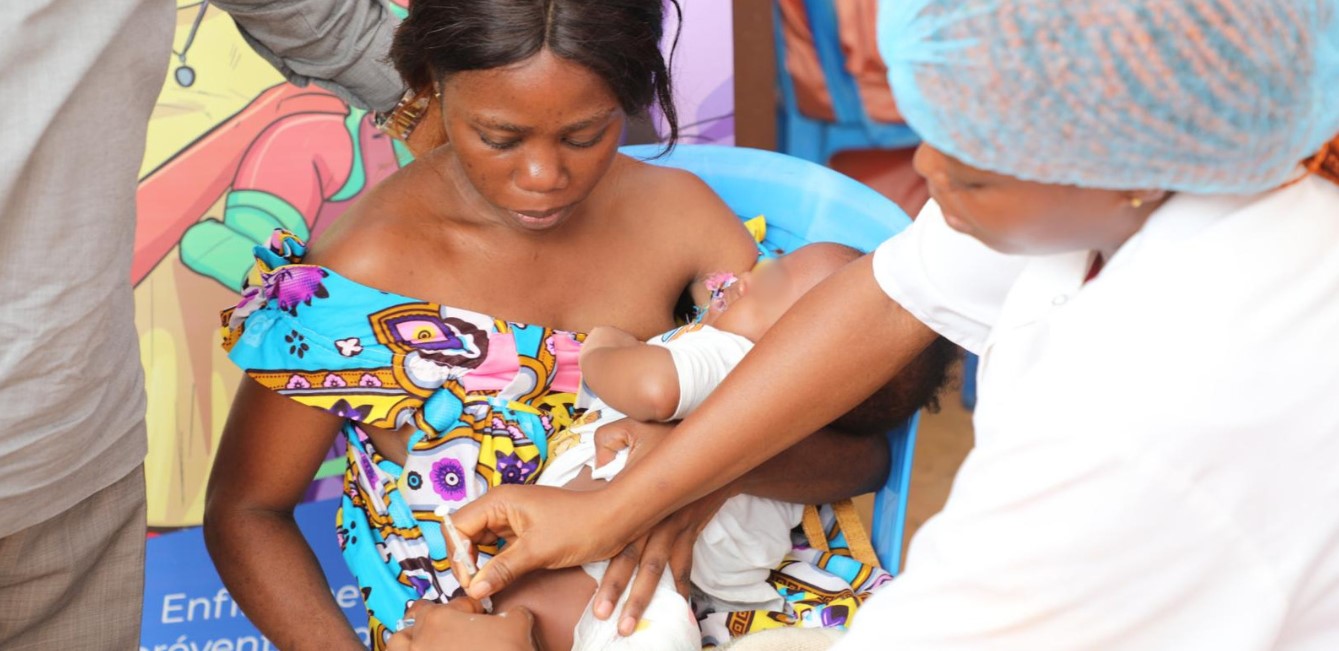Pediatric association calls for swift action to solve current vaccine crisis

Some of these essential vaccines are the rotavirus and DTP vaccines needed for infants to protect them against diphtheria, whooping cough and tetanus, among others.
The health of 1.6 million infants and children under the age of five is at risk due to the current vaccine crisis in the country.
The Pediatric Association of Kenya sounded the warning on Wednesday afternoon and called on the government to take emergency action to address the current vaccine shortage through supplementary budget allocations.
More To Read
- Young people must lead HIV fight, says PS Ouma Oluga
- Kenya steps up border checks as Ethiopia confirms outbreak of Marburg Virus Disease
- Governors sound alarm as 934 newborns die amid funding row in health sector
- Counties decry handling of hospitals under SHA, accuse Health Ministry of overreach
- Ruto orders all hospitals to report every maternal and child death
- Senate Committee moves to ban detention of patients, bodies over unpaid medical bills
"We urgently call for decisive action from the government through the National Treasury to restore, increase and ring-fence funding for vaccine procurement and distribution, ensuring no child is left unprotected from disease due to budgetary constraints," Dr Supa Tunje, the National Chairperson of the association said.
The delays in the procurement of vaccines have seen hundreds of thousands of Kenyan children miss critical vaccines for the last two months.
Some of these essential vaccines are the rotavirus and DTP vaccines needed for infants to protect them against diphtheria, whooping cough and tetanus, among others.
Others are the tetanus-diphtheria vaccine, BCG (tuberculosis), measles and the oral polio vaccine.
The Ministry of Health has blamed the shortage on budget cuts, saying it received only Sh1.2 billion for their procurement, down from the annual Sh2.6 billion allocation.
The paediatrics noted that vaccination is a proven and cost-effective way to prevent disease, yielding immeasurable returns.
"It not only curbs the spread of deadly infections within families, schools and communities but also lessens the risk of severe long-term health consequences like mental and physical disabilities."
"Ensuring consistent and adequate vaccine supplies is not just a health priority, it is a critical investment in Kenya's future. We must never waver in our commitment to the health and wellbeing of the Kenyan child," Dr Tunje said.
Kenya has been a regional leader in championing child health, reducing child mortality by more than half from 96 per 100,000 in the year 1993 to 41 per 100,000 in 2022, according to data from the association.
"This hard-earned progress is now in jeopardy. Budget cuts and unpaid debts to vaccine suppliers have triggered a shortage of essential vaccines for our most vulnerable; newborns and children under five," the association said.
The shortage, the doctors warn, will have an impact on the economy as increased diseases will lead to the diversion of prevention costs to meet the expensive cost of treatment and management of what would have otherwise been prevented.
Top Stories Today














































